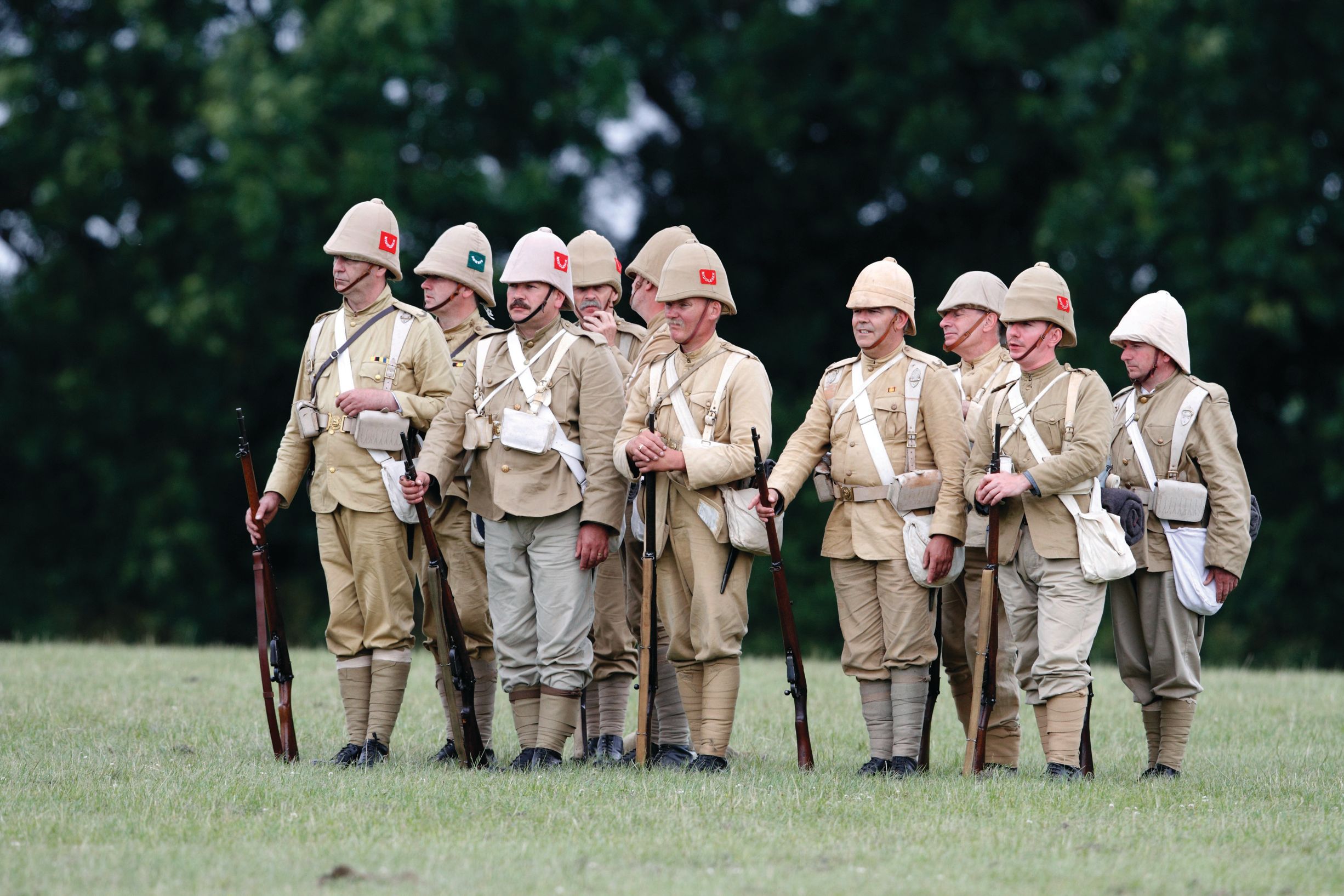The history of the Boers in South Africa-Who Were the Boers? History, Contributions, and the Boer War in South Africa
The history of the Boers in South Africa is a fascinating chapter in the nation’s past, marked by migration, conflict, and cultural contributions. This article explores who the Boers were, when they arrived in South Africa, their role in the Boer War, their contributions, and the distinction between Boers and Afrikaners.
Who Were the Boers?
The Boers were Dutch-speaking settlers, primarily of Dutch, German, and French Huguenot descent, who arrived in South Africa during the 17th and 18th centuries. The term “Boer” means “farmer” in Dutch, reflecting their agrarian lifestyle. They established themselves as farmers and pastoralists, shaping the early colonial landscape of the region.
Are Boers White?
Yes, the Boers were predominantly of European descent, making them white settlers in the context of South African history. Their ancestry traced back to Dutch colonists, French Huguenots fleeing religious persecution, and other European groups who settled in the Cape Colony.
When Did the Boers Arrive in South Africa?
The Boers’ history in South Africa began in 1652, when the Dutch East India Company (VOC) established a supply station at the Cape of Good Hope under the leadership of Jan van Riebeeck. These early Dutch settlers, later joined by French Huguenots and others, formed the foundation of the Boer population. Over time, they moved inland, establishing farms and communities.
Afrikaners and Boers: What’s the Difference?
The terms “Boer” and “Afrikaner” are often used interchangeably, but there are distinctions. Boers specifically refer to the Dutch-speaking farmers who settled in the Cape and later trekked inland to escape British control. Afrikaners are a broader ethnic group encompassing all Afrikaans-speaking white South Africans, including the Boers. Over time, as Afrikaans culture developed, many Boers became part of the larger Afrikaner identity, though some still identify specifically as Boers.
What Did the Boers Do?
The Boers were primarily farmers, cultivating crops and raising livestock in the Cape Colony and beyond. They played a significant role in:
- Agricultural Development: Boers introduced European farming techniques, cultivating crops like wheat, vines, and citrus, and raising cattle and sheep.
- The Great Trek: In the 1830s and 1840s, thousands of Boers, frustrated by British governance in the Cape, embarked on the Great Trek, migrating inland to establish independent republics like the Orange Free State and the South African Republic (Transvaal).
- Cultural Contributions: The Boers developed the Afrikaans language, a derivative of Dutch, which became a cornerstone of Afrikaner identity. They also contributed to South African cuisine, architecture (e.g., Cape Dutch style), and religious traditions rooted in Calvinism.
Who Were the Boers and Who Did They Fight?
The Boers were both settlers and fighters, known for their resilience and independence. They clashed with various groups, including:
- Indigenous Peoples: As Boers expanded inland, they encountered groups like the Xhosa, Zulu, and others, leading to conflicts over land and resources, such as the Xhosa Wars and the Battle of Blood River (1838) against the Zulu.
- British Colonial Forces: The most significant conflicts were the Anglo-Boer Wars, driven by tensions over British control, land rights, and the discovery of gold and diamonds in Boer territories.
The Boer War: Who Won?
The Anglo-Boer Wars consisted of two major conflicts:
- First Boer War (1880–1881): The Boers of the Transvaal, seeking independence from British annexation, fought and won, securing their autonomy under the Pretoria Convention.
- Second Boer War (1899–1902): This was a larger and more devastating conflict, sparked by British ambitions to control the gold-rich Transvaal and Orange Free State. Despite early Boer successes using guerrilla tactics, the British ultimately won, employing scorched-earth policies and concentration camps that caused significant Boer civilian suffering. The war ended with the Treaty of Vereeniging in 1902, incorporating Boer republics into the British Empire.
The British victory in the Second Boer War marked the end of Boer independence, but their cultural legacy endured.
The Boers’ Contributions to South Africa
The Boers left a lasting impact on South Africa, shaping its cultural, political, and economic landscape:
- Afrikaans Language and Literature: The Boers’ development of Afrikaans fostered a rich literary and cultural tradition, still vibrant today.
- Agricultural Innovation: Their farming practices laid the groundwork for South Africa’s agricultural economy, particularly in wine and fruit production.
- Political Influence: The Boers’ establishment of independent republics influenced South Africa’s political structure, contributing to the eventual formation of the Union of South Africa in 1910.
- Architectural Heritage: Cape Dutch architecture, characterized by gabled farmhouses, remains an iconic feature of South African heritage.
Conclusion
The Boers were a pivotal group in South Africa’s history, arriving in the 17th century as European settlers and evolving into a distinct cultural and political force. Their conflicts with indigenous groups and the British, particularly during the Anglo-Boer Wars, shaped the nation’s trajectory. While the British won the Second Boer War, the Boers’ contributions to agriculture, language, and culture remain integral to South Africa’s identity. Understanding the Boers and their legacy offers valuable insight into the complex history of this diverse nation.
Keywords: Boers South Africa, Who Were the Boers, Boer War, Afrikaners and Boers, When Did the Boers Arrive, What Did the Boers Do, Boer Contributions, Anglo-Boer War
